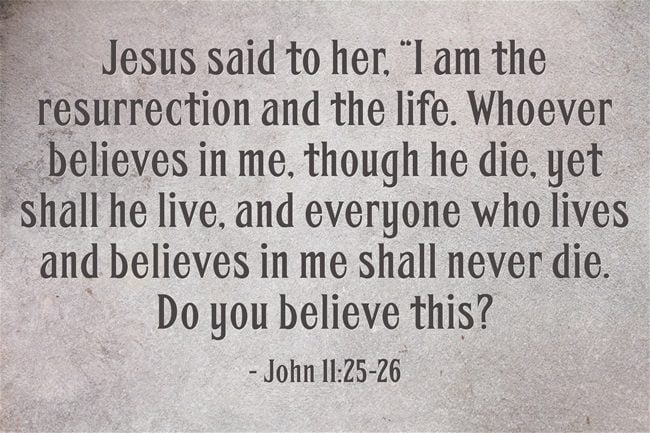How can a pastor preside over or officiate a funeral? What are some helpful guidelines?
Consultation
The eulogy can be read by the pastor officiating the service, which could be a memorial or a graveside service, or both. The preferences of the family obviously are of first and foremost consideration. What they seem to feel is important must become important for the minister. Out of respect for the deceased family member, their family will have the final say on what they want read at the service. You want to include the input of the most immediate member of the family like if the wife died, consult with the husband first and vice versa. If it’s a parent that died, consult with the immediate family like their children.
The Eulogy
The actual eulogy or life story of the person who has passed away should be written by the most immediate family members. Sometimes the funeral home will provide this service but I believe that the family should still have the final say, not only out of respect but out of their right to do so. It is not what I think or what the funeral home staff thinks but what the family wants. If they need help in writing one, help them. If not, see what they wish to include. The pastor should put aside personal preferences in place of and in submission to the family.
The Funeral or Memorial Service
There are many Bible verses that can be included in the funeral service and one that gives the believer the most hope and joy may be John 11:25-26 where Jesus was headed to raise Lazarus from the dead and told Martha “I am the resurrection and the life. Whoever believes in me, though he die, yet shall he live, and everyone who lives and believes in me shall never die. Do you believe this” (John 11:25-16). Whatever religion is about a relationship like this? None because no one can be saved without going through Jesus Christ (John 6:44, 14:6; Acts 4:12). Jesus said “he is not God of the dead, but of the living, for all live to him” (Luke 20:38) and is the God of Abraham, Isaac, and Jacob (Matt 22:32) and even though they died, Jesus speaks as if they are still living and they are! That was only a physical death because Jesus said “though he die, yet shall he live” and whoever “believes in me shall never die.” That is the hope of the Christian funeral. It isn’t good bye but see you later (Rev 22).
Personal Reflections
I think it’s a good idea to include anyone who’s attending the service or memorial a chance to say something about the person that has died. They might give everyone a better idea of who that person really was in life. They might tell of an experience where they made a difference. The personal encounters and reflections of that person’s life might help the grieving somewhat in their time of great loss. Whatever you can do to help them is by all means worth it. Again, there’s probably common sense in first speaking with the family about their personal wishes in this area. They might want to do things differently and the minister should always respect their wishes.
Encouraging Bible Verses
I already mentioned the one that gives the believer and their family much hope in the passing of one of their loved ones. John 11:25-26 was one but so is Revelation 21:4 which says “He will wipe away every tear from their eyes, and death shall be no more, neither shall there be mourning, nor crying, nor pain anymore, for the former things have passed away.” The best part of that is death will be no more and all the sorrow and grief that brings death brings. In trying to encourage the church at Thessalonica for those who had lost loved ones, Paul writes that “we do not want you to be uninformed, brothers, about those who are asleep, that you may not grieve as others do who have no hope” (1st Thess 4:13).
Conclusion
The Bible teaches only one of two locations for all time for all people. One is the judgment seat of Jesus Christ (Rev 20:12-15) which is reserved for all who refuse to humble themselves and repent and trust in Christ. Unrepentant sin carries with it the very wrath of God (John 3:36b) but confessed of and repented of sin for the children of God was already judged at the cross. Jesus warns to “not fear those who kill the body but cannot kill the soul. Rather fear him who can destroy both soul and body in hell” (Matt 10:28). Everyone alive now has an appointment with death (Heb 9:27) and none knows when that appointment comes. Trust in Christ today and live or face the consequences of dying in your sins (Rev 21:8).
Article by Jack Wellman
Jack Wellman is Pastor of the Mulvane Brethren Church in Mulvane Kansas. Jack is also the Senior Writer at What Christians Want To Know whose mission is to equip, encourage, and energize Christians and to address questions about the believer’s daily walk with God and the Bible. You can follow Jack on Google Plus or check out his book Teaching Children the Gospel available on Amazon.
















